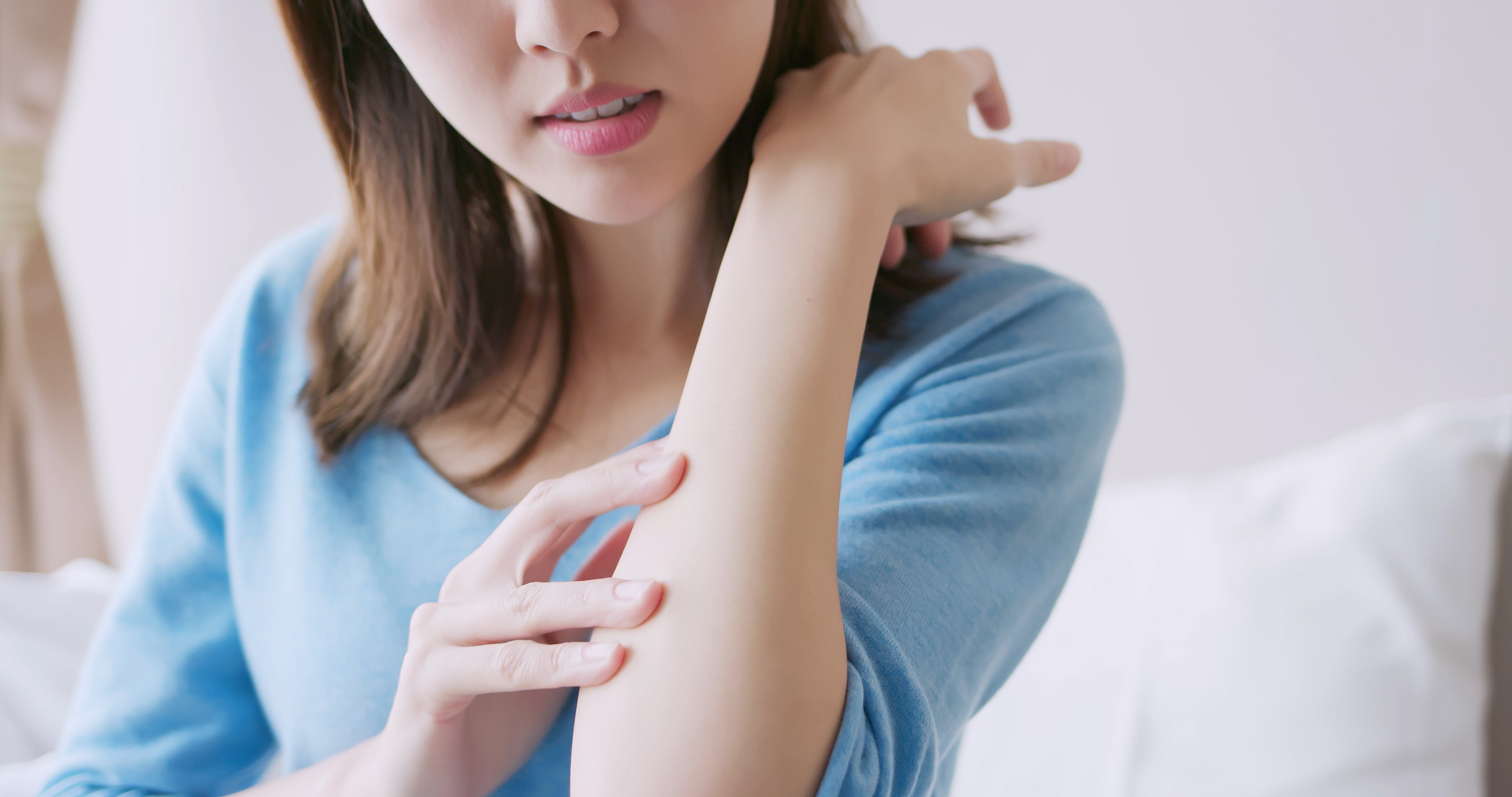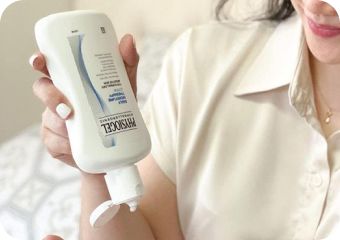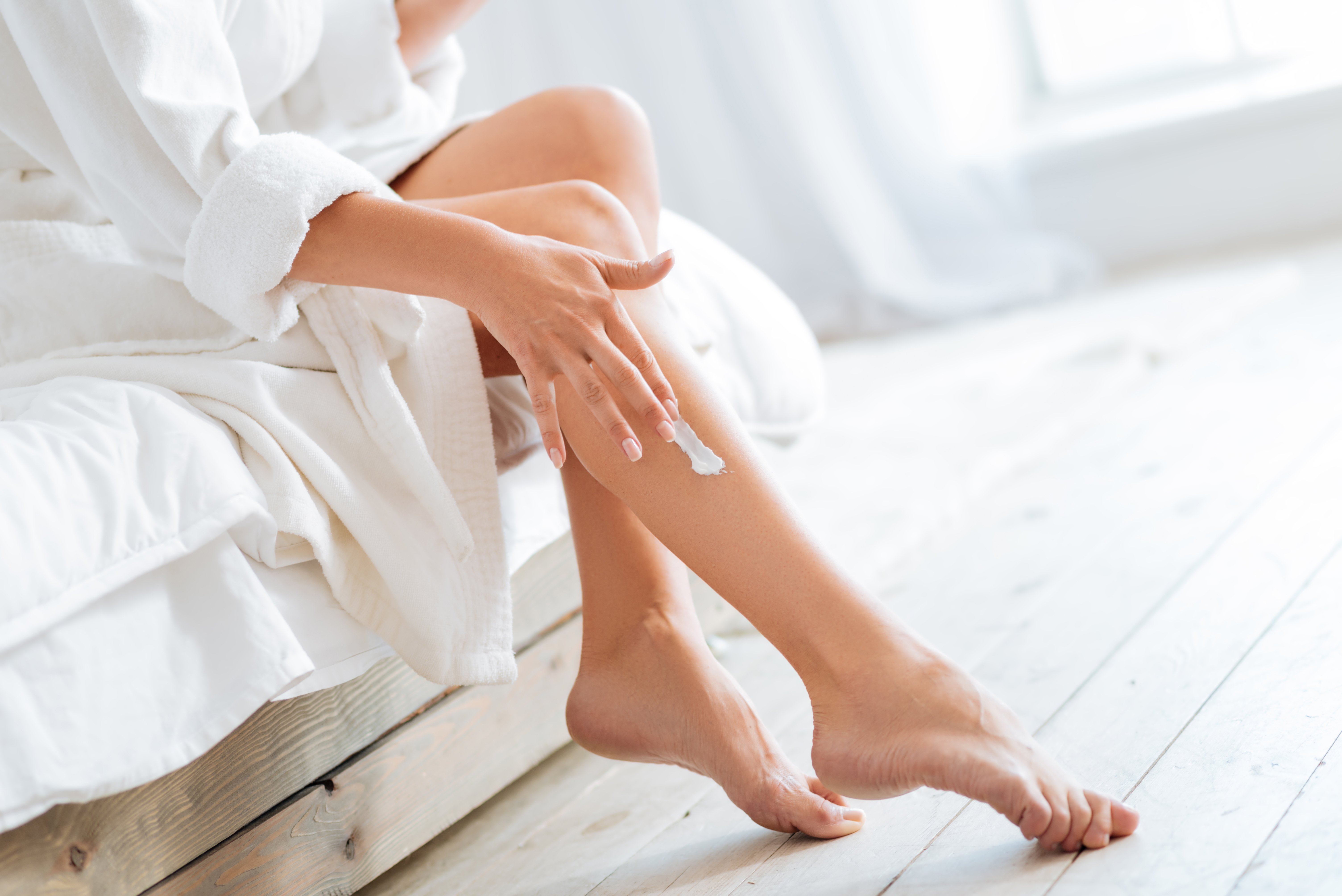If you have ever felt the consistent and unbearable urge to scratch your skin, it is most likely due to itchy skin that is caused by skin dryness. Itchy skin, or pruritus, redness and scratch marks, but it can possibly lead to worse symptoms like skin flaking, blisters, and cracking.1
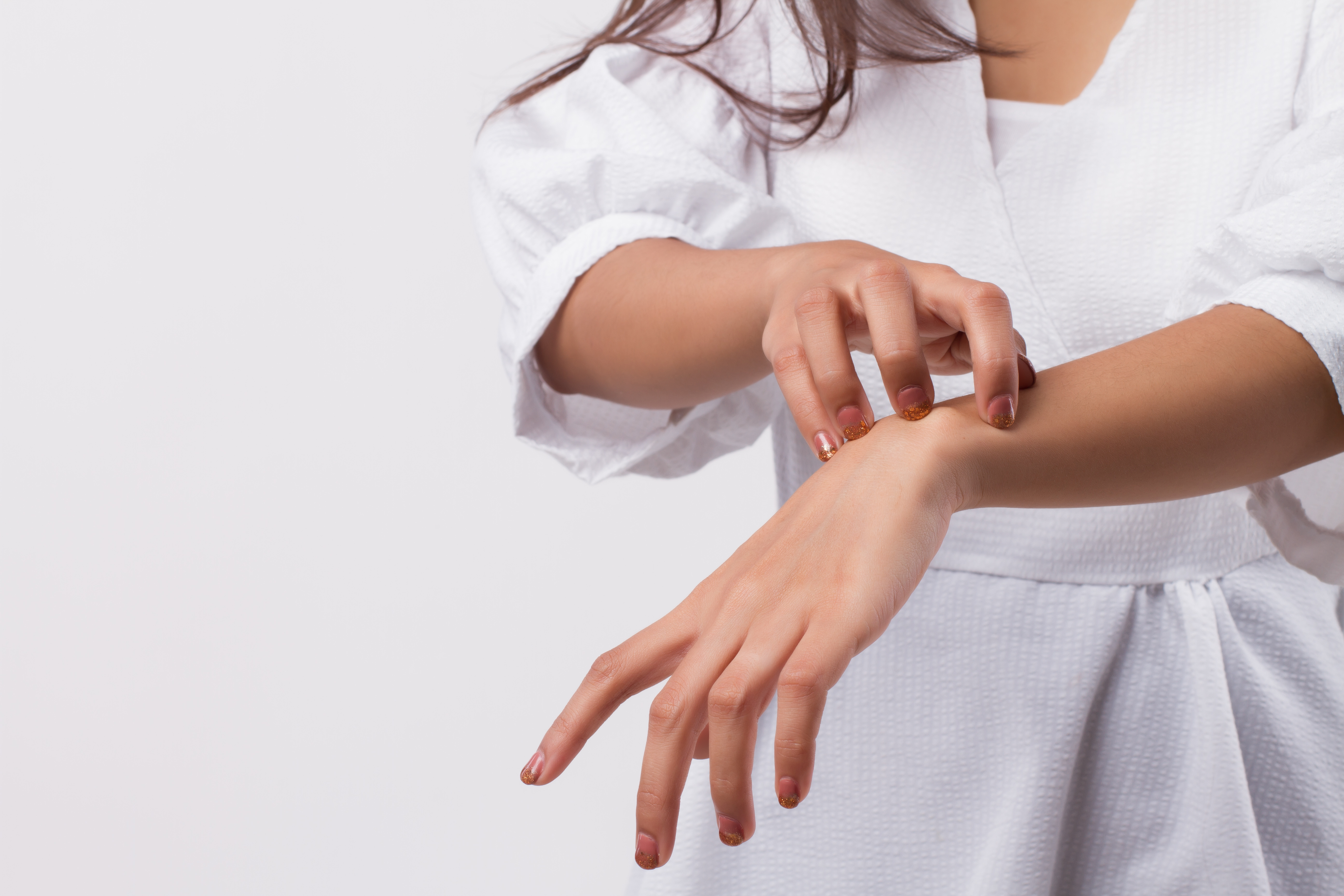
Some Home Remedies for Itchy Skin
There are many options readily available at home for people who want to alleviate skin itchiness without needing to visit a doctor for a prescription. Although there is no absolute guarantee that they will get the job done, many people consider giving it a go anyway.
Turn On Your Humidifiers
If you have a humidifier lying around your house, you might want to consider keeping it on while you sleep at night, especially when you are in cold areas or rooms. Because it controls the humidity in the room, it is a great way for your skin to replenish moisture loss.2
Shower With The Right Temperature
During rainy or chilly days or after spending a long time in an airconditioned room, many people enjoy taking long and hot showers. If you like to do the same, just remember that doing so for long periods of time will deplete the natural moisture from your skin. Try to find a compromise and make the experience more friendly to your skin by setting your shower to a more lukewarm level.3
Try A Cold Press
For spots of eczema or if you just want to lessen skin itchiness, you may try using an ice pack or a cold, damp washcloth. The cold can aid in distracting the nerves which in turn, prevents the annoying need to scratch your skin and inflame the skin.4
Use Recommended Over-The-Counter Products
Many over-the-counter products can help you overcome allergies associated with seasonal changes. When used as part of a combination therapy alongside moisturization, these medicines like antihistamines can offer relief and even reduce the itchiness caused by eczema.5
Keep Your Skin Moisturized
For a lot of people affected with this type of skin condition, they find instant relief in maintaining a daily and consistent skin care measure of moisturizer application. That is why you should look for products that can easily help you retain your skin’s moisture levels.
How Do Moisturizers Relieve And Treat Itchy Skin?
Moisturizers play a vital role in alleviating skin dryness. This makes it essential for
them to help manage certain or specific skin conditions including skin itchiness and dryness.
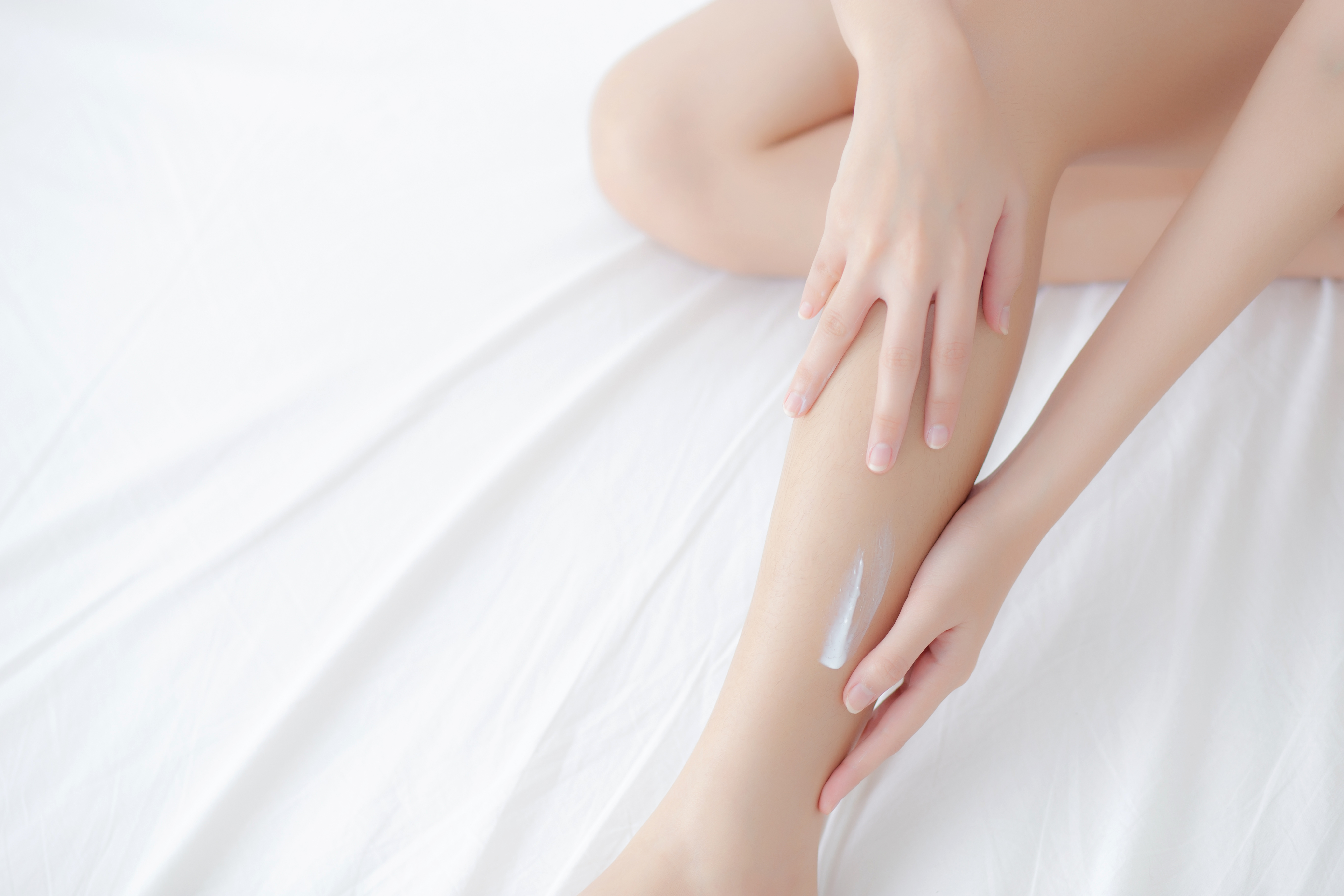
To have a clearer understanding at how you can choose a good moisturizer for your skin, look for those that contain humectants and emollients. It is important, however, to take note of the difference between the two.
Humectants
These help bind moisture to the skin. They take the water molecules that are present from various external sources and retain them on the surface of the skin. This, in turn, leaves it hydrated and plump. If you reside in an environment where it can get very humid, humectants can be a great option because they can more easily pull moisture from the air and latch it into the skin. 4
Emollients
These key moisturizing ingredients on the other hand, are designed to soften the skin, keep it supple, and also lessen inflammation. They are known to make your skin less itchy and more comfortable by helping rebuild its skin barrier functions that cause skin dryness. If you are someone who suffers from dry or sensitive skin, they can work well to toughen the skin’s fatty lipid barrier. 4
With this information in mind, it becomes clear why incorporating a moisturizer for itchy skin can be crucial as part of your daily skin care routine. This reintroduction of moisturizing elements not only betters the appearance of your skin, but also blocks it from future damage resulting from a compromised skin barrier. 6
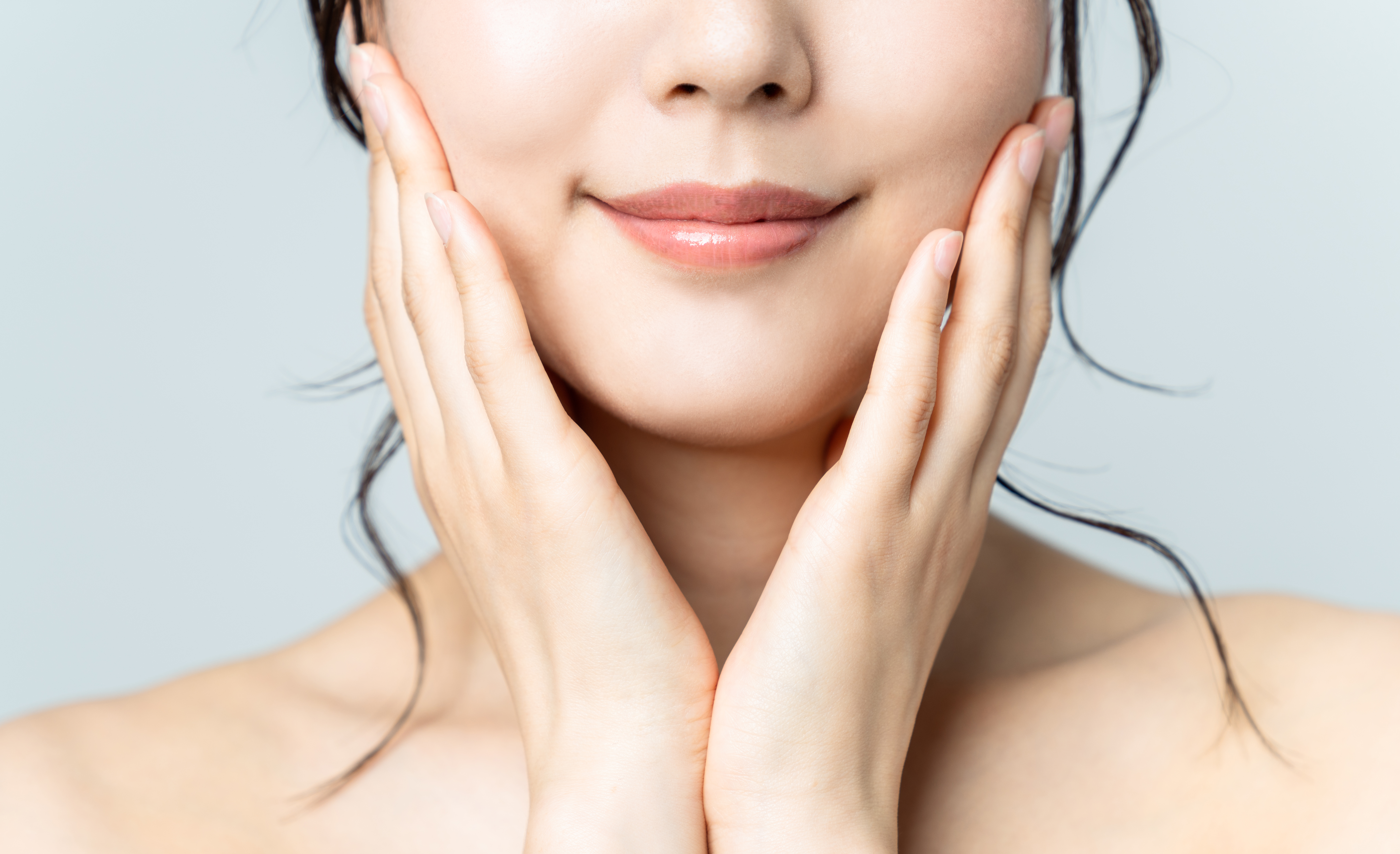
Understanding How Skin Problems Affect Asian Skin
Asian Skin And Aging
It is common knowledge that Asian skin may tend to look younger than other ethnicities. The reason behind this is because the dermis, a skin layer that contains collagen and elastin, of Asian skin is thicker. Because these two things are responsible for how young the skin looks, it means they are less likely to develop wrinkles and fine lines. 6
Even with a naturally thicker dermis, as Asians age, their skin can still be susceptible to dry skin. This is caused by progressive water loss which causes the skin to be more likely to crack and result in itching and other symptoms caused by dry skin. 7
Asian Skin And Moisture Loss
For Asian skin in particular, research has shown that their skin tends to lose moisture more easily.5 That is why if their skin does not have enough moisture, it turns dry and can even become scaly, crack, and itchy. Aside from this, it also irritates and becomes more uncomfortable. To prevent this from happening, locking in the natural moisture of your skin plays an important role in preventing it from drying out. So a proper moisturizer for itchy skin should be applied as needed.7
Asian Skin And Oily Complexion
There are naturally more sebaceous glands, which are responsible for the skin’s oil production, in Asian skin. Given this, the skin is more prone to accumulate extra sebum buildup and gives off a shinier complexion. 8
Even if the sebaceous glands of the skin work to produce sebum that is designed to protect and hydrate the skin, too much of it can become a problem. With a proper skin care routine, you can manage your skin— whether it is too dry or oily.
Consider Using Dermatologically Tested Products
Whatever skin problem you are facing due to itchy skin, keep in mind that this is a common
skin condition that can be very manageable. Preventing such can be as simple as applying a dermatologically
recommended moisturizer after bathing, while your skin is still damp. 9 In this case, you may want to use
Physiogel Daily Moisture Therapy. With over 165 years of skin care expertise, Physiogel’s products are
scientifically formulated with BioMimic TechnologyTM which work to mimic the skin barrier that helps increase skin
moisture absorption and protect against recurrent dryness. It is also lightweight with the feel of a light emulsion
cream giving lasting moisture of up to 72 hours. 10
RG-PM-LG-PHYSIO-ONA-PUC-000002-02-2023
References:
1 Langmaid, Stephanie. “Pruritus (Chronic Itchy Skin): Causes and Treatments.” WebMD,
https://www.webmd.com/skin-problems-and-treatments/guide/skin-conditions-pruritus. Accessed 15 November
2022.
2 “Do humidifiers help with dry skin?” Live Science, 17 April 2022,
https://www.livescience.com/do-humidifiers-help-with-dry-skin. Accessed 14 November 2022.
3 Slawek, Emily. “How to Shower, According to Dermatologists.” TODAY, 5 August 2022,
https://www.today.com/health/mind-body/how-to-shower-rcna41707. Accessed 14 November 2022.
4 “Do you recommend the use of cold compresses?” Cutaneous Lymphoma Foundation,
https://www.clfoundation.org/qa-cold-compresses. Accessed 14 November 2022.
5 Barrie, Leslie, and Ross Radusky. “How Antihistamines May Help Take the Itch Out of Eczema.” Everyday Health,
1 March 2021, https://www.everydayhealth.com/eczema/antihistamines-take-the-itch-out-of-eczema.aspx. Accessed 14
November 2022.
6 Neelam A. Vashi, MD,corresponding authora Mayra Buainain De Castro Maymone, MD, MSC,a and Roopal V. Kundu,
MDb. “Aging Differences in Ethnic Skin - PMC.” NCBI, 1 January 2016,
https://www.ncbi.nlm.nih.gov/pmc/articles/PMC4756870/.
Accessed 14 November 2022.
7 Miller, Kelli. “Itching From Dry Skin: Prevention and Treatment.” WebMD, 12 October 2021,
https://www.webmd.com/beauty/itching-from-dry-skin. Accessed 14 November 2022.
8 Mochi Magazine. 2022. A Deeper Look at What Makes Asian Skin Unique - Mochi Magazine. [online] Available
at:
<https://www.mochimag.com/lifestyle/beauty/a-deeper-look-at-what-makes-asian-skin-uniquenbsp/> [Accessed
15 July 2022].
9 Medicalnewstoday.com. 2022. Oily skin: 6 treatments, causes, and prevention. [online] Available at:
<https://www.medicalnewstoday.com/articles/321090> [Accessed 15 July 2022].
10 A randomized, single centre, single-blind, parallel, home use, cosmetic study to investigate the safety,
efficacy and acceptability of W0154 Cream in subjects with moderately dry to very dry skin and signs and
symptoms of redness, irritation and inflammation, 2012, Dr. Suzana Louth [Data on file]
